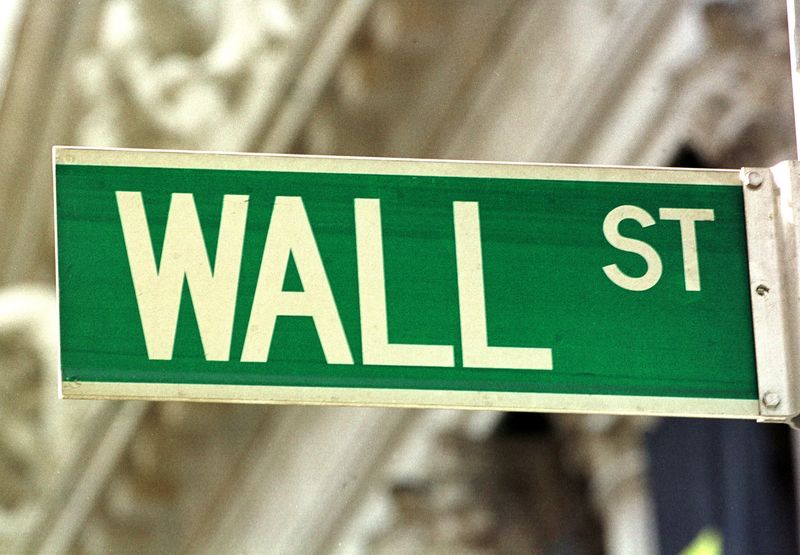This post was originally published on this site

Investing.com — U.S. stock markets opened mixed on Monday as hopes for a diplomatic settlement to the war in Ukraine evaporated amid signs that Russia is pursuing its goals with increased ferocity, while lockdowns in China revived fears of supply chain disruptions throughout the world.
By 9:45 AM ET (1345 GMT), the Dow Jones Industrial Average was up 155 points, or 0.5% at 33,099 points,. The S&P 500 was up 0.3% but the Nasdaq Composite was essentially flat from Friday’s close, trading markedly weaker than index futures had done in the overnight session. All three indices had lost ground last week amid fears that the war may generate both an economic slowdown and sustained higher inflation.
The market is likely to hold off big moves this week until the Federal Reserve’s policy meeting concludes on Wednesday. That’s taking place against the backdrop of inflation running at its highest in 40 years, and the central bank’s assessment of the interplay between growth and inflation in a wartime scenario is likely to be the cardinal factor driving markets for the rest of the week.
In the absence of big domestic corporate news over the weekend, and with the data and earnings calendars relatively empty, early attention was focused on Chinese ADRs, which were under pressure on a number of fronts. First, the manufacturing hub of Shenzhen and the region of Jilin in northeastern China have both announced week-long lockdowns to try to break the surge in COVID-19 cases. The developments appear to validate fears that the Omicron strain – which is largely impervious to the vaccines that have been most widely deployed in China – could force the authorities into heavy-handed measures that will put fresh strain on global supply chains. Among the companies to confirm the closure of their plants on Monday were Foxconn (TW:2354), which manufactures the iPhone for Apple, and Volkswagen.
Apple (NASDAQ:AAPL) stock fell 1.3% while Foxconn (OTC:HNHPF) ADRs fell a relatively modest 0.3%. Moderna (NASDAQ:MRNA) stock rose 19% on hopes that the developments could give the company’s mRNA-based vaccines access to a vast market that has so far been closed to it. Pfizer (NYSE:PFE) stock rose 3.7% and BioNTech (NASDAQ:BNTX) stock rose 17% on similar hopes.
Other Chinese names fell more heavily, amid reports that online giant Tencent (OTC:TCEHY) is facing a record anti-money-laundering fine for allowing its WeChatPay service to be used for illicit purposes, such as gambling. Tencent ADRs fell 7.0% to a two-year low.
The threat of another burst of regulatory activity had a broader effect on Chinese ADRs, with Alibaba (NYSE:BABA) ADRs falling 8.7% and JD.com (NASDAQ:JD) ADRs falling 10.5%. The risk is not only from Chinese regulators but U.S. ones after National Security Advisor Jake Sullivan warned China that it would face consequences if it agreed to Russian requests for military assistance. Newswire reports cited Chinese officials as denying that they had received any such information, a day after U.S. security officials claimed to the contrary. Sullivan is to meet later with China’s top diplomat Yang Jiechi for discussions.
Invesco’s Golden Dragon China ETF (NASDAQ:PGJ), which tracks Chinese tech ADRs, fell another 7.4% to its lowest since July 2013 after J.P. Morgan (NYSE:JPM) analysts told customers to avoid the Chinese Internet sector up to a year.
Elsewhere, oil and gas stocks slid as news of the Chinese lockdowns triggered a quick reappraisal of the supply and demand balance globally. Exxon Mobil (NYSE:XOM) stock fell 3.7% while Occidental (NYSE:OXY) stock fell 4.5% and Devon Energy (NYSE:DVN) stock fell 8.6%.


